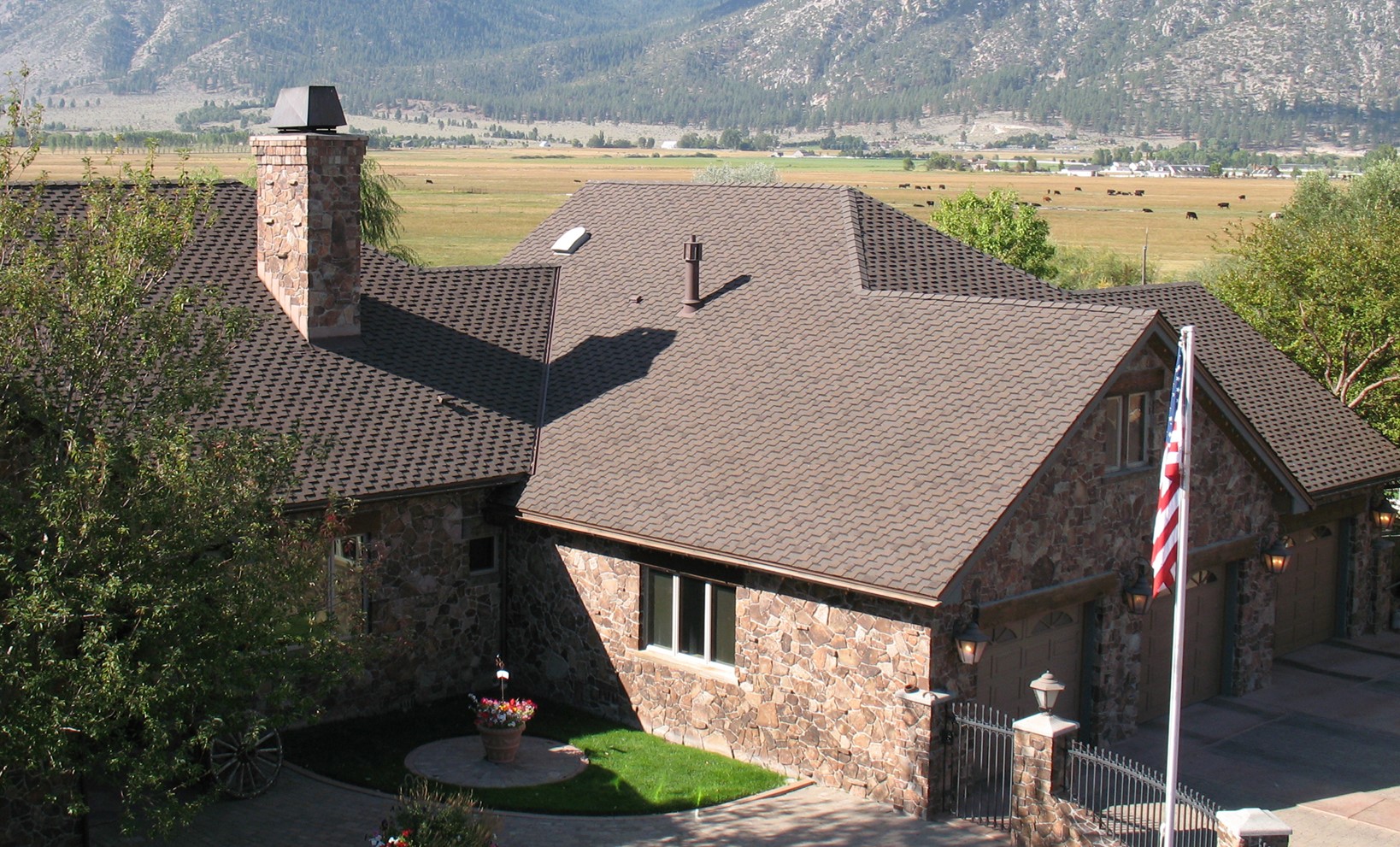How to Achieve Proper Roofing Attic Ventilation

When it comes to knowing how a residential roofing attic ventilation system will perform, experienced roofing contractors who encounter success and failure, know best.
The following tips were collected by Paul Scelsi. Paul is the marketing communications manager at Air Vent Inc. He also leads Attic Ventilation: Ask the Expert™ seminars. From those seminars, he has gathered best practices, solutions, mistakes to avoid and case studies in residential attic ventilation. Attendees include contractors across North America.
In an article originally published by Roofing Contractor Magazine, Paul shares roofing attic ventilation advice from expert roofing contractors. Let’s look at three of the top recommendations.
Keep the airflow balanced
A well-ventilated attic is essential to the longevity of a roof. Without proper airflow, heat and moisture can build up in the attic and cause damage to the roof structure. Poor ventilation can lead to condensation, encouraging the growth of mold and mildew. In addition, improper attic ventilation is one of several contributors to ice dams. As a result, it is important to install both intake and exhaust vents to provide proper ventilation.
However, many installations only include one type of vent, either intake or exhaust. Down the road, lack of proper ventilation will eventually damage the roof. It is important that your contractor takes the time to install both types of vents. Choosing the correct quantity to meet that attic’s overall ventilation needs is also critical. An attic with proper ventilation will help protect your roof against long-term damage.
Check the attic
It might not be convenient to check the attic. It’s often hot, dusty and tricky to navigate. Roofing professionals should try to do an attic inspection whenever it is safe and practical to do so. During the attic inspection, the contractor looks for mold, mildew and condensation marks inside. By detecting moisture problems first, the roofing contractor can correct imbalanced roofing attic ventilation.
Also ensure that intake vents are not blocked by insulation or other debris that can reduce their effectiveness. Intake areas are typically at or near the gable ends or along the eave line where soffit meets the fascia board. A screen or grille can protect soffits from animals and insects. Even if you can see fully vented soffit from the outside, you may not be able to determine if the vents are functioning properly.
The number and size of intake vents necessary will depend on many factors including:
- The type of insulation
- Square footage of the attic space
- Balancing the system with exhaust vents

A qualified roofing professional will be able to properly assess your situation and recommend the best solution for your home.
Don’t Mix Exhaust Vent Types
Roofing professionals know ventilation is essential for a healthy attic. However, ventilation systems used incorrectly can also be a source of problems. One common mistake is to mix different types of exhaust vents on the same roof above a common attic. You should not mix wind turbines, gable vents, ridge vents, box vents, and power fans. When it comes to exhaust ventilation systems, more systems is not better. It can decrease the efficiency of the ventilation system.
For example, if a power fan is added to a roof that already has ridge vents, it short-circuits the airflow. Like water, air takes the path of least resistance. If the least resistant path is from ridge vent to power fan, the soffit vents will short-circuit from the system. This can lead to moisture buildup and other problems.
When you add a second type of exhaust, it can become the path of least resistance, interfering with the soffit vents. The best approach is to use one type of exhaust vent per roof and make sure that all vents are properly sealed and insulated.
Find a Great Contractor
You can ensure that your attic stays healthy and well-ventilated by following these simple tips. To find a PABCO® roofing contractor that can assist you and help you determine what type of roof attic ventilation you need for your roof visit our find a contractor page.
For more information on ventilation, and to read the entire article go to: Top Ten Air Vent Tips for Roofers From the Field – Air Vent, Inc.


